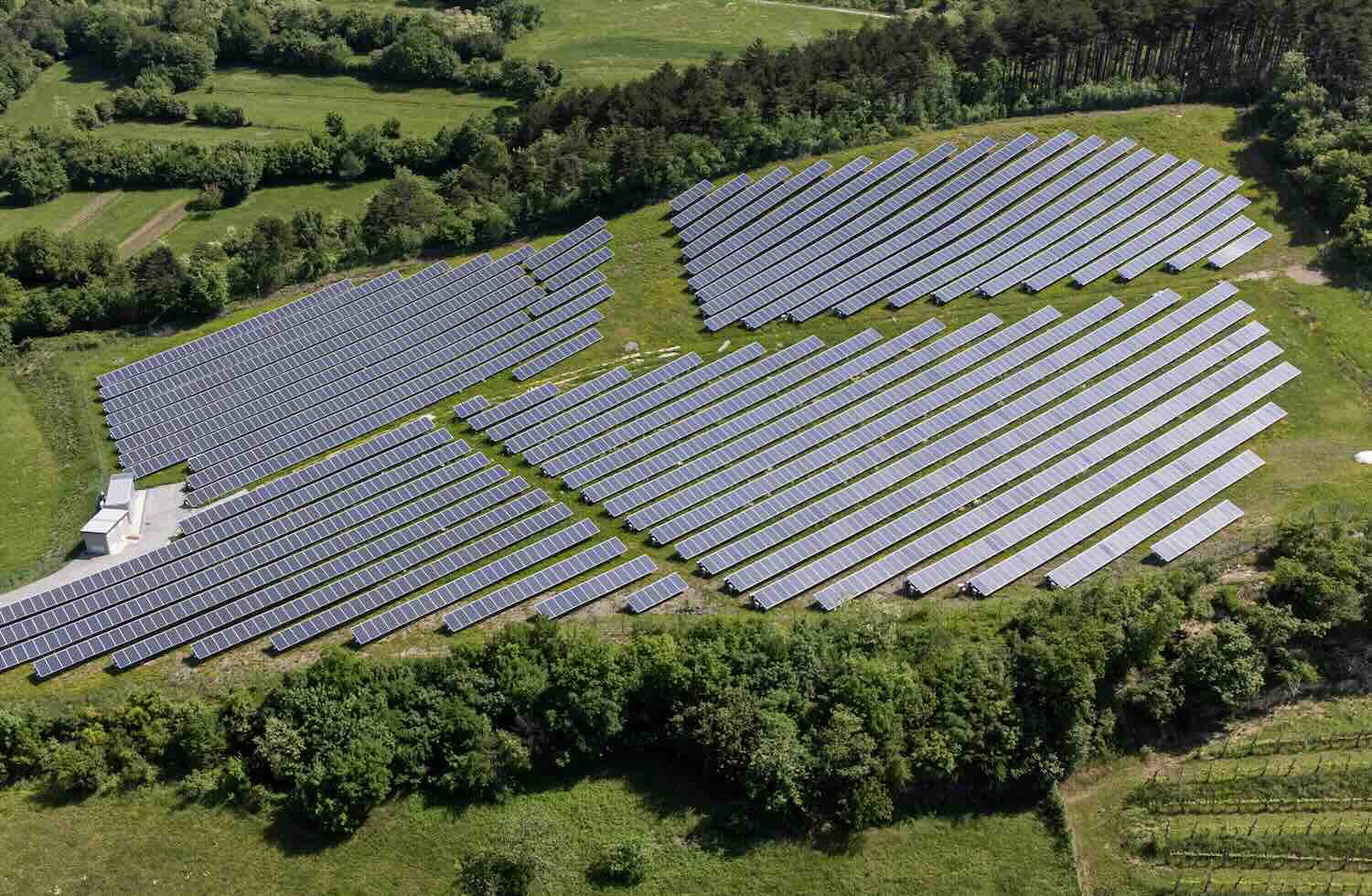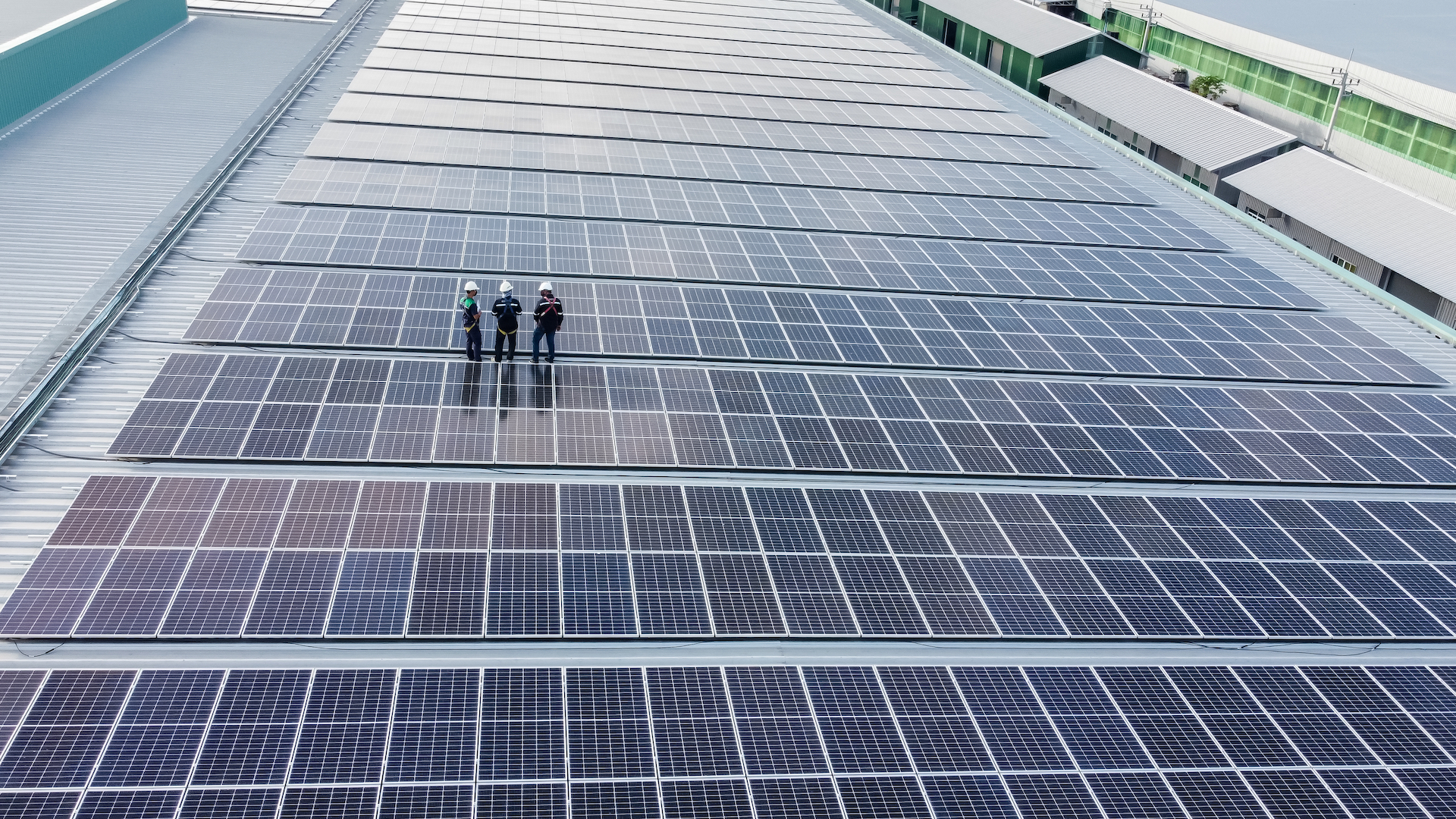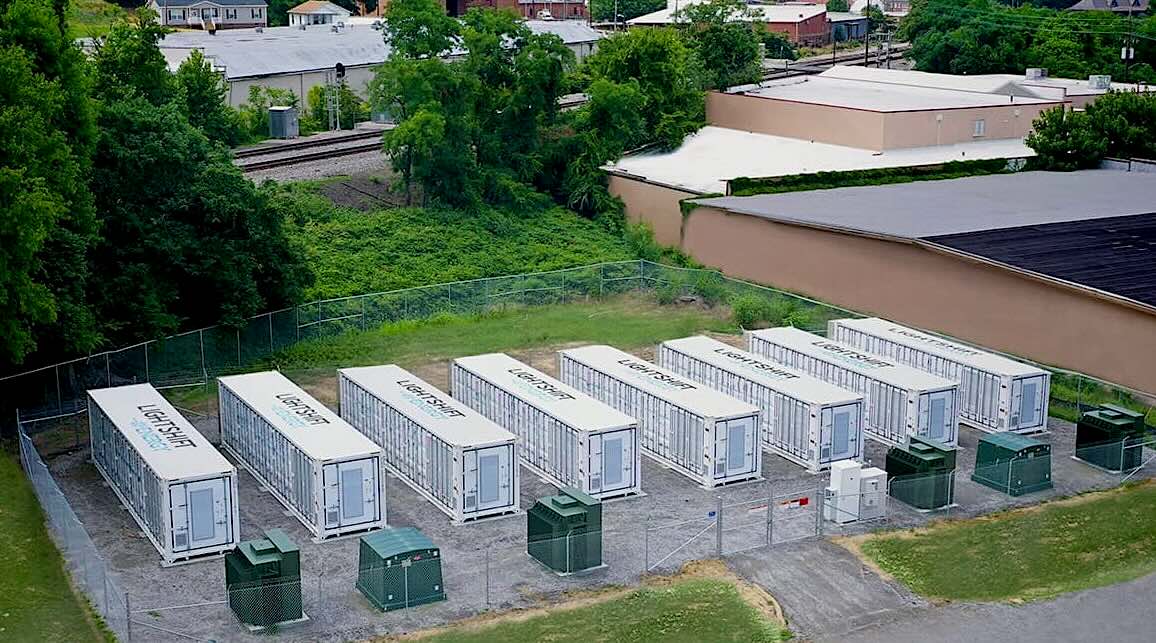ImpactAlpha, Aug. 9 – Southern Europe and the American west are burning. Northern Europe and central China have been ravaged by floods. And the crucial Atlantic Gulf stream that modulates global temperatures is on the verge of collapse.
Into that grim picture comes today’s bombshell from the Intergovernmental Panel on Climate Change: The planet may be warming even faster than conventional wisdom and models suggest, with devastating consequences.
The key threshold of 1.5 degrees Celsius warming (2.7 degrees Fahrenheit) is likely to be breached within two decades, and scenarios once considered unthinkable, including a two-meter rise in sea levels by 2100, cannot be ruled out, the report finds. Last month’s heat wave in Greenland, for example, melted enough ice to inundate Florida with two inches of water.
The report is “a code red for humanity,” said the UN’s António Guterres. “There is no time for delay and no room for excuses.”
The IPCC report is a massive undertaking by hundreds of scientists who pour over thousands of recent climate science studies. Their conclusions are then reviewed and approved by 195 global governments. The update is the body’s first since its 2013 assessment affirming the primary role of humans in global warming. A leaked draft in June warned of irrevocable tipping points, from melting polar ice sheets and thawing permafrost to the loss of Amazon rainforest, with cascading consequences.
The scientists hope to ratchet up the level of urgency as global leaders prepare for COP26, the follow up to the Paris accord being held in Glasgow in November. The report makes clear that slashing emissions this decade and reaching net-zero by mid-century can avert even more dire consequences of planetary warming. Global emissions reduction commitments to date fall woefully short of what is needed to keep warming to 1.5 degrees, and many large emitters have missed the end-of-July deadline to file their climate action plans.
“The room for global emissions we have left is perilously depleted,” said CarbonTracker’s Mark Campanale. “The world must urgently wind down fossil fuel supply in an orderly and transparent way and halt high-risk high-cost oil and gas exploration now.”
The alternative: physical catastrophe, stranded asset costs in the hundreds of billions to our infrastructure and a shock to the world economy a thousand times greater than the Covid pandemic, he added.
As U.S. special envoy for climate John Kerry told the New Yorker’s David Remnick, COP26 is “the last, best hope for the world to get serious.”
Deploy, deploy, deploy
If climate tipping points are being triggered faster than previously thought, so too are the energy, transportation and food sectors being disrupted by low-carbon technologies, argues think tank RethinkX in its own new report. The more optimistic view of “Rethinking Climate Change” might coax some anxious IPCC readers off the ledge.
“Conventional thinking views emissions mitigation through a linear, reductive lens that fails to appreciate the character, speed, and dynamics of change in both natural systems and human systems,” write authors James Arbib, Adam Dorr, and Tony Seba. That underestimates “not only the threat of climate change itself, but also the potential of technology to address it.”
More than three-quarters of global greenhouse gas emissions, they say, can be mitigated within 15 years by a handful of key technologies that are able to scale immediately or ready to deploy. The deployable eight: solar photovoltaics, wind power, and batteries, electric and autonomous vehicles and transportation-as-a-service, and precision fermentation and cellular agriculture.
Governments can help the shift by setting policies that create a level playing field for new technologies and eliminating subsidies and protections for incumbent industries. “Regions, nations, cities, communities, businesses, and investors choosing to embrace and lead the disruptions rather than resist them will reap enormous economic and social rewards as well as environmental benefits,” they write.











